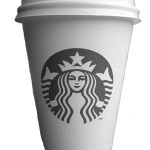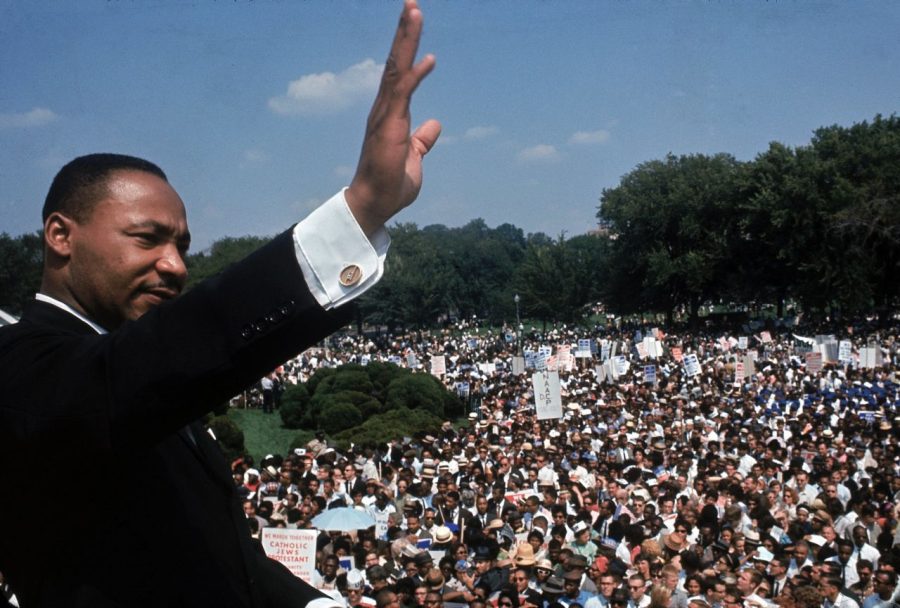 Have you ever felt tired or run down? Feeling that you need a boost or an energy jolt? The number one go-to “pick me up” for energy is a sports drink, a coffee or a soda. Why do we immediately think of these drinks? It is because all these drinks have one thing in common, caffeine. But is caffeine necessarily a good thing? To most it is because it gives them the right amount of “quick energy,” and when you are in a hurry it is very accessible and easy to find. Monster, Red Bull, Coca-Cola, Gatorade, Powerade and Starbucks are the major names that come to mind. In the morning, coffee is the universal drink of choice due to the properties of its caffeine content. Football players, basketball players and gymnasts, might use a sport drink or energy booster of some kind to get their bodies excited for the activity at hand. Students even use caffeine as a stimulant during those late-night cram sessions.
Have you ever felt tired or run down? Feeling that you need a boost or an energy jolt? The number one go-to “pick me up” for energy is a sports drink, a coffee or a soda. Why do we immediately think of these drinks? It is because all these drinks have one thing in common, caffeine. But is caffeine necessarily a good thing? To most it is because it gives them the right amount of “quick energy,” and when you are in a hurry it is very accessible and easy to find. Monster, Red Bull, Coca-Cola, Gatorade, Powerade and Starbucks are the major names that come to mind. In the morning, coffee is the universal drink of choice due to the properties of its caffeine content. Football players, basketball players and gymnasts, might use a sport drink or energy booster of some kind to get their bodies excited for the activity at hand. Students even use caffeine as a stimulant during those late-night cram sessions.
Energy drinks and coffee-based drinks are good once in a while, but if one drinks too much it might result in serious health issues because caffeine is defined as a stimulant that affects the body’s central nervous center to restore alertness when drowsiness approaches. Consuming too much caffeine, for example, drinking five Red Bulls in one sitting may cause caffeinism, or taking in more than 250 mg per day and becoming dependent on the effect it gives to the body. Caffeine does have medical perks though. Coffee is associated with a lower overall risk of cancer, and sports drinks, when taken in a reasonable dosage, can restore electrolytes than may have been lost through high-level activity, like sports.
So if you find yourself needing a jolt in the middle of the day, caffeine, in a reasonable and responsible amount, might be the best fit.








